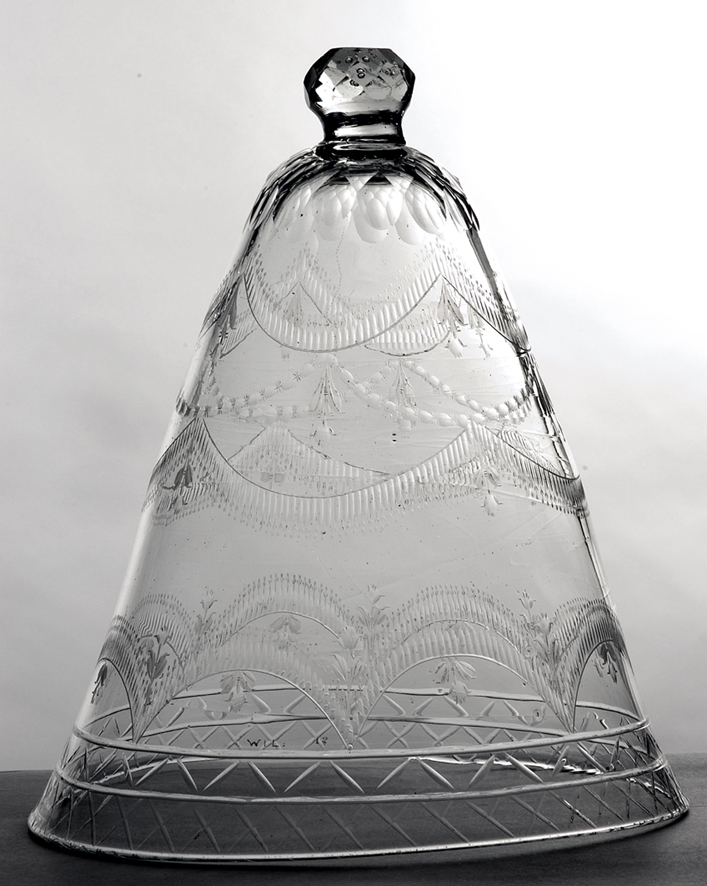
Stanisław Czerniecki, the author of the first Polish cookbook, also left a description of the "marriage deed" of Konstancja Lubomirska (daughter of the Grand Marshal Jerzy Sebastian) and Felicjan Potocki (son the Grand Hetman of the Crown Stanisław). The wedding was celebrated for an entire week. The feast was prepared by seventy-five cooks, who used: 60 oxen, 5,000 capons, 8,000 hens, 18,000 (!) eggs, more than 13,000 fish and many other products. The guests drank 270 barrels of Hungarian only (the best) wine. 600 soldiers were engaged to serve food.
The wedding feast described by Czerniecki was not all that uncommon in Poland in those times. The Frenchman Regnard, who visited Poland in the 1680s, noted that wedding parties organised at the royal court for the king's courtiers lasted for six or seven days. Krzysztof Zawisza wrote in his diary about a wedding in a noble family in 1699 that was celebrated for five days. The most lavish and the longest were royal weddings that were like great national holidays and were accompanied by hundreds of local and foreign guests.
Such event was first of all a gigantic logistic operation. To host hundreds or even thousands of guests was a huge challenge for chefs, servants and suppliers. Even given the practically unlimited financial possibilities of monarchs, it was not an easy task. In 1637, the diarist Albrycht Radziwiłł expressed his dissatisfaction with the food served at the wedding of King Władysław IV and Cecylia Renata. He even complained that too few dishes were served: "there were so few of them and they were served sparingly: only ten different dishes and of no supreme quality. In other words, the King surrounded himself with the most extravagant gold and silver objects, and carpets, but when it came to food, he disgraced himself not so much by lack of it as by its improper arrangement. I heard it said that 40,000 chickens and capons, 20,000 geese, several hundred oxen and various kinds of game as well as countless birds were prepared. Who knows, perhaps there was a double kitchen that fed some unknown huge stomachs or maybe money was poured into some strange purses, hurting the honour of the nation and the generosity of the king."
In 1828, a story was published in Kurier Warszawski about the weddings of members of several generations of the same family, celebrated in 1687, 1714, 1760, 1780 and 1808, respectively. We learn from the story that, for example "the wedding of the great-great-grandfather lasted for one week and 10 barrels of various kinds of wine were consumed. Great-grandfather's wedding lasted for five days and 4 barrels of wine were used. Grandfather's wedding lasted for three days and one barrel of wine was drunk. Father's wedding lasted 24 hours and 100 bottles of wine were drunk. Son's wedding lasted all night and only sparkling wine and sweet food were served. The last wedding was incognito and 12 cups of tea were consumed."
By juxtaposing this account with Czerniecki's proud enumerations, we can see the significant evolution of customs. Insofar as the 17th-century cook wanted to impress his readers with an image of thousands of hens and capons, the 19th-century account reveals fascination with modesty and intimacy. The author of the account from 1828 was aware of the huge change in wedding feasts that had happened over a hundred and a dozen or so years.
Translation: Lingua Lab
We would like to inform that for the purpose of optimisation of content available on our website and its customisation according to your needs, we use information stored by means of cookies on the Users' end devices. You can control cookies by means of your Internet browser settings. Further use of our website without change of the browser settings means that you accept the use of cookies. For more information on cookies used by us and to feel comfortable about this subject, please familiarise yourselves with our Privacy Policy.
✓ I understand